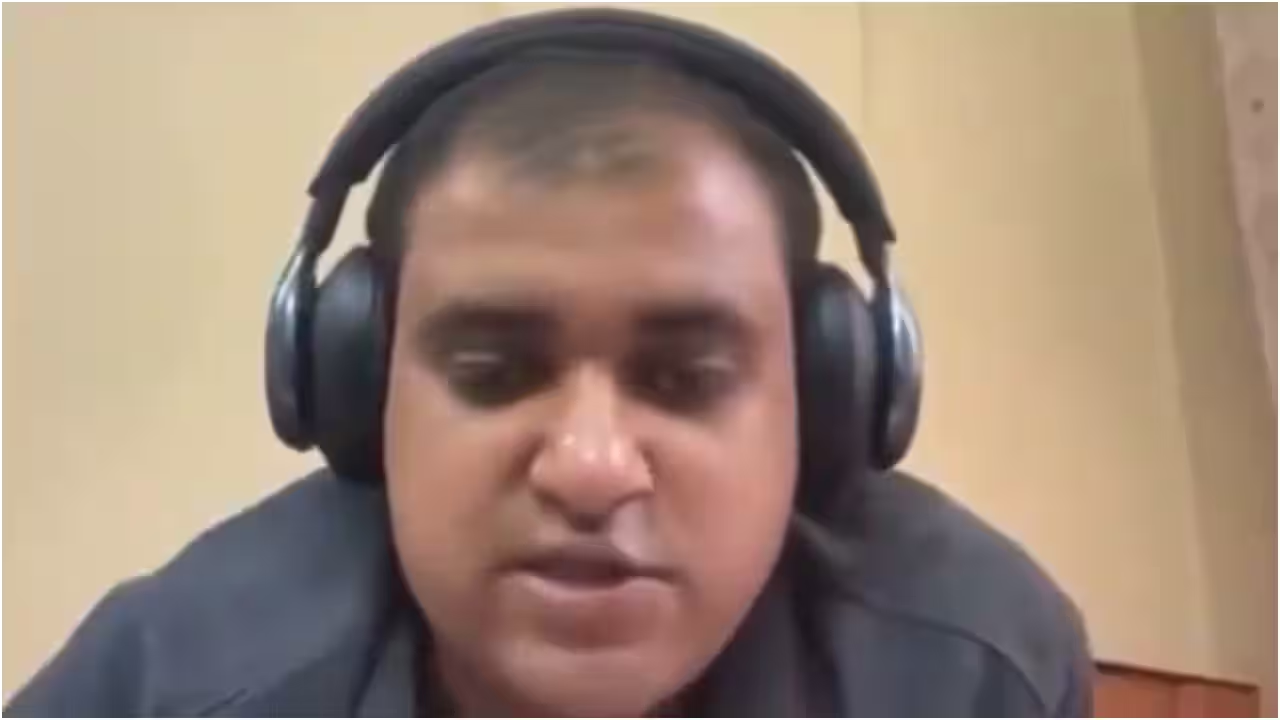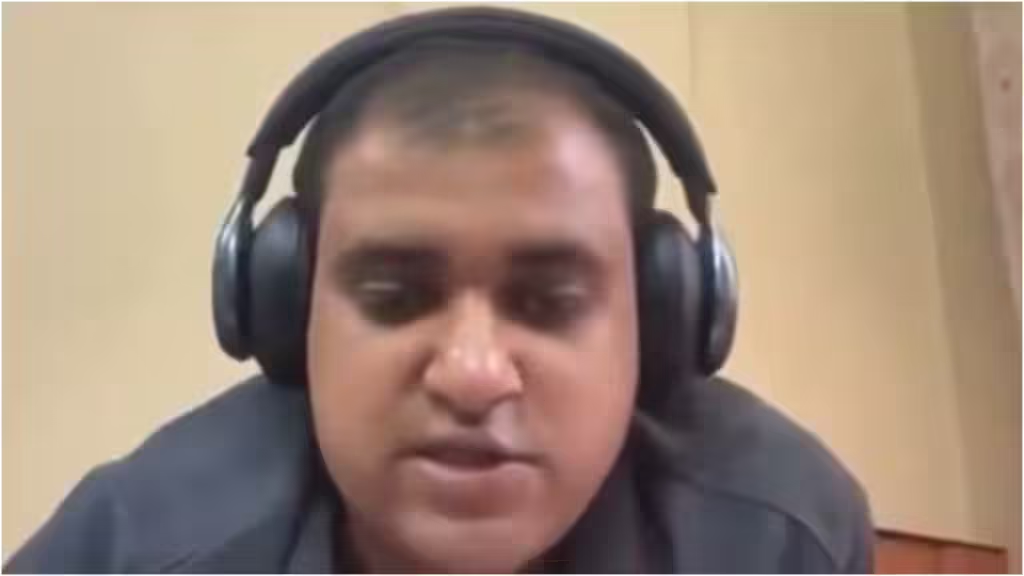#Bengaluru #Bengaluru Techie #Latest news #news #techie #the firstcritic #trending news

Adistressing case has surfaced in Bengaluru, where Atul Subhash, a 40-year-old techie, allegedly died by suicide after enduring prolonged psychological harassment. His family has leveled accusations against his wife and her lawyer, alleging continuous mental abuse during their domestic dispute and court proceedings.
Atul’s uncle has claimed that a pivotal moment occurred in the courtroom when his wife mocked him and urged him to end his life. Allegedly, a judge laughed at this remark, further compounding Atul’s distress. The family believes such incidents, alongside personal and professional struggles, pushed Atul toward taking the extreme step.
The incident sheds light on the significant mental toll legal battles can impose. Atul’s family described him as a kind-hearted and intelligent individual who became overwhelmed by the ongoing allegations and challenges. According to them, he had confided in close relatives about the immense pressure he felt but had not sought professional help.
The Legal Dispute and Alleged Harassment
The conflict between Atul and his wife had escalated to legal proceedings, with both sides accusing each other of misconduct. While the specifics of the legal case remain unclear, Atul’s family stated that he had been emotionally drained by the process. They allege that the courtroom atmosphere exacerbated his feelings of hopelessness, pointing specifically to the behavior of his wife, her lawyer, and even judicial authorities.
Family members have demanded accountability for what they view as a failure of the legal system to protect Atul from undue mental harassment. They argue that individuals involved in domestic disputes should be treated with empathy and fairness to prevent such tragedies.
The Mental Health Perspective
Atul’s death has sparked conversations about the importance of addressing mental health, particularly for those navigating personal and legal challenges. Experts emphasize that prolonged exposure to emotional abuse, coupled with high-stakes legal battles, can lead to severe mental health issues, including depression and suicidal ideation.
Mental health professionals advocate for better support systems in courts, such as access to counselors or mediators, to assist individuals struggling with the stress of legal proceedings. They also stress the importance of destigmatizing therapy and encouraging people to seek help during difficult times.
Legal and Public Reactions
The tragedy has prompted widespread reactions. Legal experts have called for greater accountability in how judges and lawyers handle sensitive cases. Public outcry on social media has highlighted the need for reform within the judiciary to ensure that individuals are treated with dignity and respect, regardless of the circumstances.
Activists have also pointed out the lack of mental health resources available to those involved in legal disputes. They urge the government and legal institutions to implement programs that prioritize emotional well-being alongside judicial proceedings.

Calls for Justice
Atul’s family has called for a thorough investigation into the circumstances surrounding his death. They have urged authorities to examine courtroom interactions, especially the alleged behavior of the judge and the remarks made during proceedings.
Read More:
The police have registered a case and assured the family that all aspects of the incident will be investigated. Statements from relatives and witnesses are being recorded to determine whether harassment played a direct role in Atul’s decision.
A Wake-Up Call for Society
This heartbreaking incident underscores the urgent need to address mental health challenges in society. It highlights the cumulative impact of personal, professional, and legal stress on individuals and the importance of timely interventions.
If you or someone you know is experiencing mental health issues, reach out to available resources such as helplines or licensed counselors. Early intervention can save lives and provide much-needed support to those in crisis.
Atul Subhash’s untimely death serves as a grim reminder of the profound impact of mental health neglect. His family’s pursuit of justice reflects a growing demand for empathy and accountability within the legal system. Moving forward, this case could inspire reforms aimed at safeguarding individuals from similar tragedies, ensuring that courts and society as a whole are better equipped to handle such situations with care and compassion.
Justice for Men: Addressing the Disparity in Societal and Legal Responses
When justice for men is at stake, society often responds with a lack of urgency, neglecting the emotional and psychological challenges that men may face. There is a deep-rooted perception that men are not victims, which leads to underrepresentation of their struggles in both media and legal systems. This often results in delayed action and insufficient support for men in distress. If the roles were reversed and a woman was involved in a similar situation, the reaction would likely be far more swift and amplified, drawing widespread public outrage, media attention, and immediate institutional intervention. This disparity in treatment highlights the need for a more inclusive and balanced approach to justice. It’s essential that both men and women receive equal respect, understanding, and legal support. Societal norms must evolve to ensure that the justice system treats all individuals fairly, recognizing that both men and women can face equally significant struggles. This calls for a shift towards impartiality in how emotional distress, abuse, and personal trauma are acknowledged and addressed, ensuring that everyone has access to the help and justice they deserve.












More Stories
Operation Aaghat: Over 150 Criminals Arrested by Delhi Police; Weapons, Liquor, & Ganja Seized
Indian Railways Increases Train Fares From Tomorrow – Here’s a List of Tickets That Are More Expensive
Two New Airlines – Al Hind Air & FlyExpress – to Soon Commence Operation in India